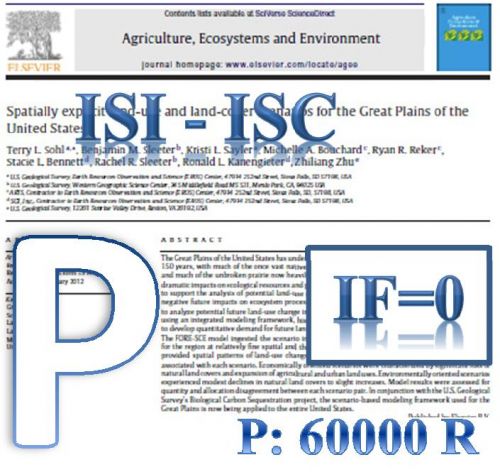Water stress is the main environmental stresses that affects agricultural production worldwide, especially in arid and semi-arid regions. This study was designed to evaluate the effects of water deficit during the vegetative stage on gas exchange variables and their relationship with water use efficiency and grain yield formation of wheat. A factorial pot experiment was carried out in complete randomized block design with three replications in greenhouse with two water regimes (well-watered and water deficit at vegetative growth stage). The bread wheat genotypes ‘Pishtaz’, ‘DN-11’, ‘Sivand’ and ‘Marvdasht’ were used. Analysis of variance revealed significant differences between water regimes and among the genotypes for most traits. The results showed that water deficit decreased net photosynthetic rate, transpiration rate and stomatal conductance, but caused no change in photosynthetic sub-stomatal CO2 concentration and water use efficiency. Thus leaf temperature of wheat was higher with water deficit, compared to that of the control. In addition, water deficit stress reduced leaf area, grain yield, water use efficiency and evapotranspiration efficiency by 39.7, 54.4, 31.8 and 32.4%, respectively in all genotypes. Water deficit reduced yield per plant significantly with a decrease in leaf area and net photosynthetic rate. The ‘Marvdasht’ genotype exhibited comparatively more tolerance to drought in the vegetative growth stage with less decline in agronomic traits and gas exchange variables, compared with other genotypes. In conclusion, physiological and agronomic traits of wheat significantly decreased due to interrupted irrigation at the vegetative stage in comparison with fully watered status.
کلید واژگان :bread wheat, grain yield, photosynthesis, Triticum aestivum, vegetative stage, water deficit
ارزش ریالی : 600000 ریال
با پرداخت الکترونیک
